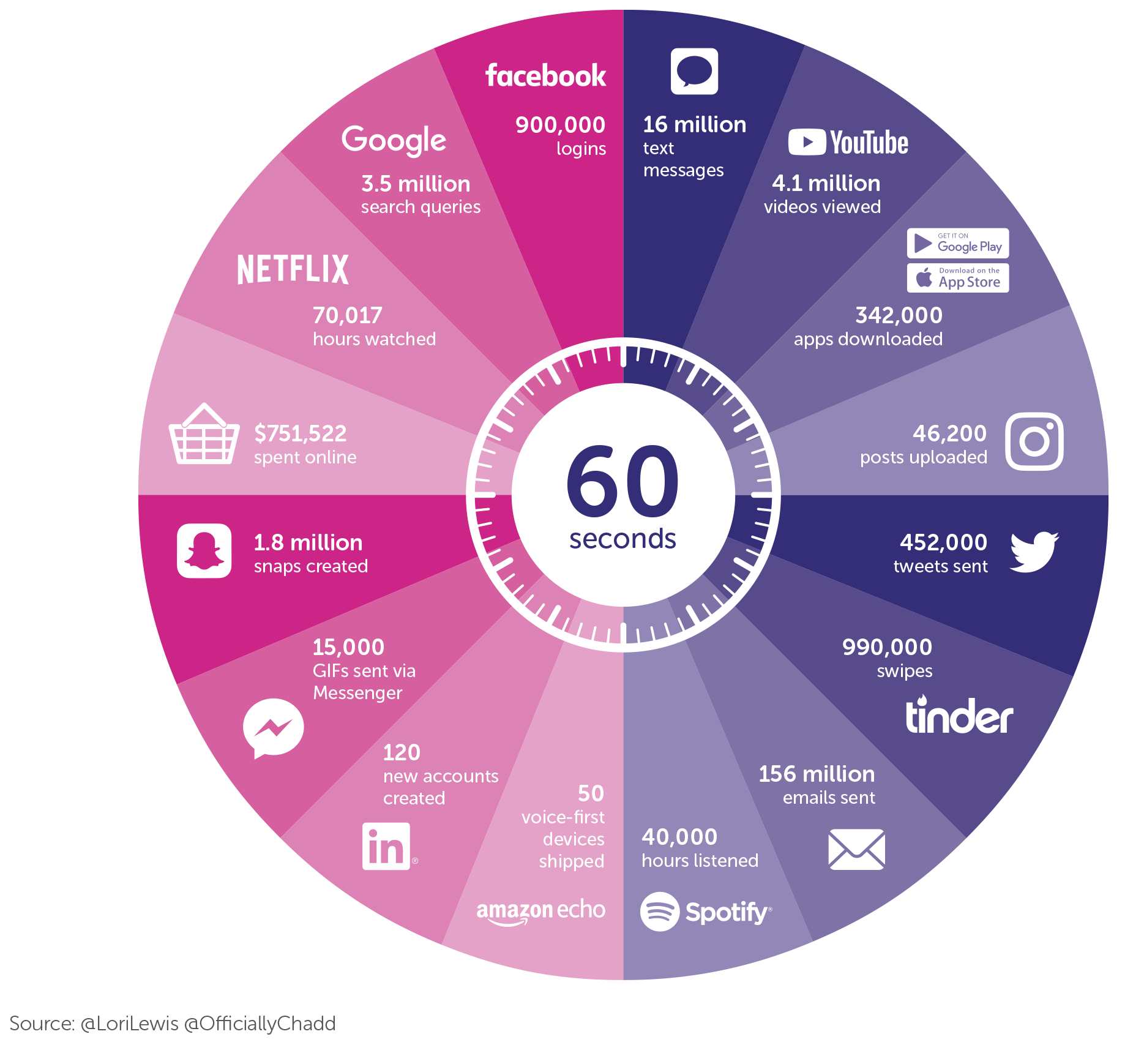Social media’s role in virtual teams
We have been doing some work with clients on the use of social media (Facebook, LinkedIn, Twitter etc…) and its role in working in virtual teams.
It is early days for these tools, BT are extending internal “Facebook” type applications to their 100,000 staff and this will be an interesting test bed. Despite the hype, concerns about “social notworking” and the risks of continuous distraction at work, we think there are some real opportunities for using social media to solve particular challenges in virtual teams.
We are not going to recycle the hype on social media in marketing, we will concentrate specifically on its use in virtual teams.
We think that social media can play a valuable role in virtual teams in 3 key areas
- Making expertise visible – It can be hard to identify experts in large an complex organizations and in putting together virtual teams. Using social media, experts can have their own pages and spaces and, through the quality of their content, they can attract followers. An internal social network enables us to find and access experts and other specialists that we may need for our virtual team quickly in large organizations. We can also extend this network outside the core virtual team, even outide the organization – as an example why not join our LinkedIn group on Matrix Management or subscribe to our YouTube channel MyGlobalIntegration which showcases some of our ideas.
- Virtual teams require setting up and maintaining low cost “weak ties” networks. Face to face contact can be infrequent in virtual teams and it is hard to build a network quickly and without high levels of travel and other communication costs. Social media allows us to connect quickly to a wide range of colleagues in a specific interest area or function. We may need these virtual team contacts infrequently so we do not want to invest heavily in being connected until there is a real opportunity to collaborate more closely.
- Making opportunities to collaborate more closely visible – we can use short messages and updates to identify people, who can help with a particular problem or who are working on similar challenges to our own virtual teams. Tools like Twitter provide a low cost “prompt” to contact a virtual team colleague when something of real interest comes up. As an example, follow us on Twitter to see the latest developments in our field.
Enterprise applications like Yammer are overcoming some of the security concerns about using social media and could be useful low cost tools in virtual teams and organizations.
Not all media will be suitable for commercial virtual teams, for example we do have a Facebook presence but are not really promoting it – we think Facebook is too informal for the kind of connections we are trying to develop
These media can, to a certain extent, provide the virtual team “watercooler moments” where people virtually “bump into” each other and spark ideas or opportunities to collaborate without the need for constant networking meetings.
There is no doubt that social media’s potential for time wasting and distraction is a real concern for many virtual team leaders – as always it is not the tool that is the problem but how we use them.
Delegates on our virtual team training programs already have access to these tools (via their mobile phones and PCs) and many are using them at home – so most organizations have the tools and the capability – but many are not using them.
Marketing functions are already finding that the central push messages they used in the past are being supplanted by customer comment and social rankings. What will happen when something similar happens inside organizations – when people can choose whose information to “follow” rather than passively consuming central communications messages? Will leaders be defined by how many followers they attract? It is going to be interesting!
Check out an interactive graphic of our virtual teams learning path and training module contents.

Explore our training programs to see how we can help.
Agile & Digital Training Matrix Management Training People and purpose Training Virtual Teams TrainingEducate yourself further with a few more or our online insights:
30 years of experience learning with a range of world class clients
We work with a wide range of clients from global multinationals to recent start-ups. Our audiences span all levels, from CEOs to operational teams around the world. Our tools and programs have been developed for diverse and demanding audiences.

Tailored training or off the shelf modules for your people development needs
We are deep content experts in remote, virtual and hybrid working, matrix management and agile & digital leadership. We are highly flexible in how we deliver our content and ideas. We can tailor content closely to your specific needs or deliver off the shelf bite sized modules based on our existing IP and 30 years of training experience.
For more about how we deliver our keynotes, workshops, live web seminars and online learning.